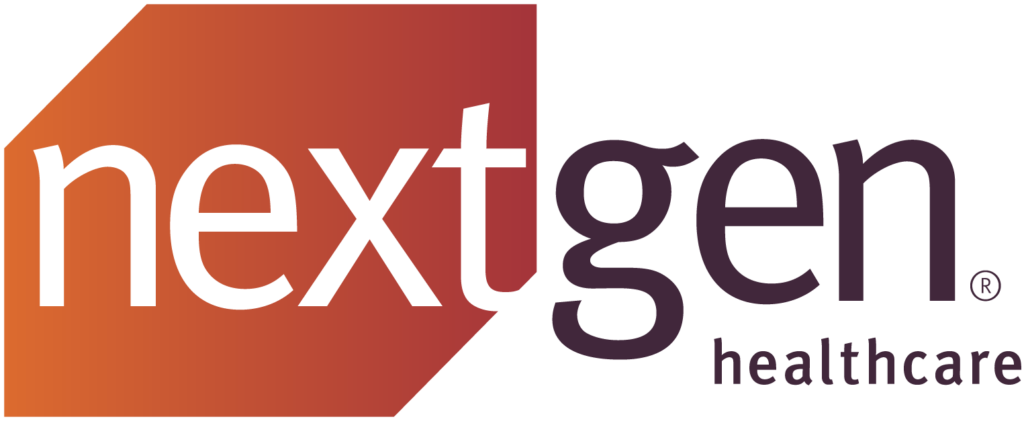improving the effectiveness of healthcare and supporting clinical research that could save lives. The new electronic health record that is available across the European Union aims to achieve this. The interinstitutional agreement for its establishment, which will enable citizens and healthcare professionals to access data in electronic format even from a different European member state than their own, has been firmly supported by the European Parliament with 445 votes in favor. According to a recent study on around 800,000 hospitalized patients, people who receive medical care from a female doctor live longer. Yes, there is a European health data space. The interinstitutional agreement for its establishment was firmly adopted by the European Parliament on April 24, with 445 votes in favor, 142 against, and 39 abstentions. This makes it easier for patients and medical professionals to access their medical records throughout all of Europe. Laboratory findings, electronic prescriptions, medical imaging, and patient reports will all be included in these electronic medical records. When a citizen moves to a different state, for example, the EU rule will enable the safe transfer of health data to healthcare operators in other European nations (using the MyHealth@EU platform). One will be able to download their medical history for free. According to the European Parliament, the anonymized health data can be exchanged for rare disease research, for instance. Robust privacy safeguards will govern the sharing of sensitive data and how it is shared. The anonymous data may be processed for activities that serve the public interest, such as statistics, research, and the formulation of public policy (referred to as secondary use). For instance, they could be applied to the search for cures for rare diseases, where fragmentation and tiny data sets now impede the development of effective therapies. Commercial uses, such as advertising, assessing loan terms or insurance claims, or labor market decision-making, will not be permitted for secondary use. National data access bodies will decide who gets access. Additionally, the law guarantees individuals a voice in the use and consultation of personal data. Patients will have the option to deny access to their health information by professionals (unless it is required to safeguard the subject’s or another person’s vital interests) or for research purposes (unless it is for specific public interest, political, or statistical purposes). “With the health data space – explains Tomislav Sokol, co-rapporteur of the Committee on the Environment – we can safely and securely leverage the data in our possession, giving a significant boost to vital research on new treatments.” Patients must also be informed whenever their data is accessed and have the right to request the correction of inaccurate data. Additionally, it will prevent gaps in care by guaranteeing that medical personnel have cross-border access to the records of their patients. Simultaneously, the ability to object will guarantee patients a voice and the reliability of the system. According to Annalisa Tardino, co-rapporteur of the Committee on Civil Liberties, “The Health Data Space will improve everyone’s access to healthcare,” it is a significant advancement for digital healthcare in the EU. In the future, physicians could be allowed access to their patients’ test results and medical information from other states or even other EU members, which would save costs and improve patient care. Despite our desire for even more drastic action, we were able to reach a consensus on a stance that the majority could support.” The timing is not instantaneous, though. The European Council still needs to formally accept the interim accord. Twenty days after it is published in the EU Official Journal, it will come into effect. With a few exceptions—the primary and secondary use of data categories, which will apply either four or six years later, depending on the category—the legislation will take effect two years after it is announced.
Press Releases

NextGen Healthcare and Aambé Health Partner to Advance Tribal Healthcare Nationwide

Emerging Trends Shaping AI-Driven Electronic Health Records

Honey Health Secures $7.8M to Automate Healthcare Back Offices With AI Agents

NextGen and Eyefinity Collaborate to Enhance Offerings for Optometrists and Ophthalmologists
Research Papers
Events Calendar
Mon
Tue
Wed
Thu
Fri
Sat
Sun
M
T
W
T
F
S
S
1
2
3
4
5
6
7
8
12:00 AM - Oracle Health and Life Sciences Summit 2025
10
11
12
13
14
15
16
8:00 AM - MEDITECH Live 2025
11:00 AM - Charmalot 2025
20
21
22
23
24
25
26
27
8:00 AM - Civitas 2025 Annual Conference
29
1
2
3
4
8:00 AM - Pathology Visions 2025
Events
-
 NextGen UGM 20252025-11-02 - 2025-11-05
NextGen UGM 20252025-11-02 - 2025-11-05 -

-
 MEDICA 20252025-11-17 - 2025-11-20
MEDICA 20252025-11-17 - 2025-11-20 -
 FALL 2025 Innovators Summit2025-12-02 - 2025-12-04
FALL 2025 Innovators Summit2025-12-02 - 2025-12-04
The European Union’s Launch of the Electronic Health Record System
April 26, 2024

































